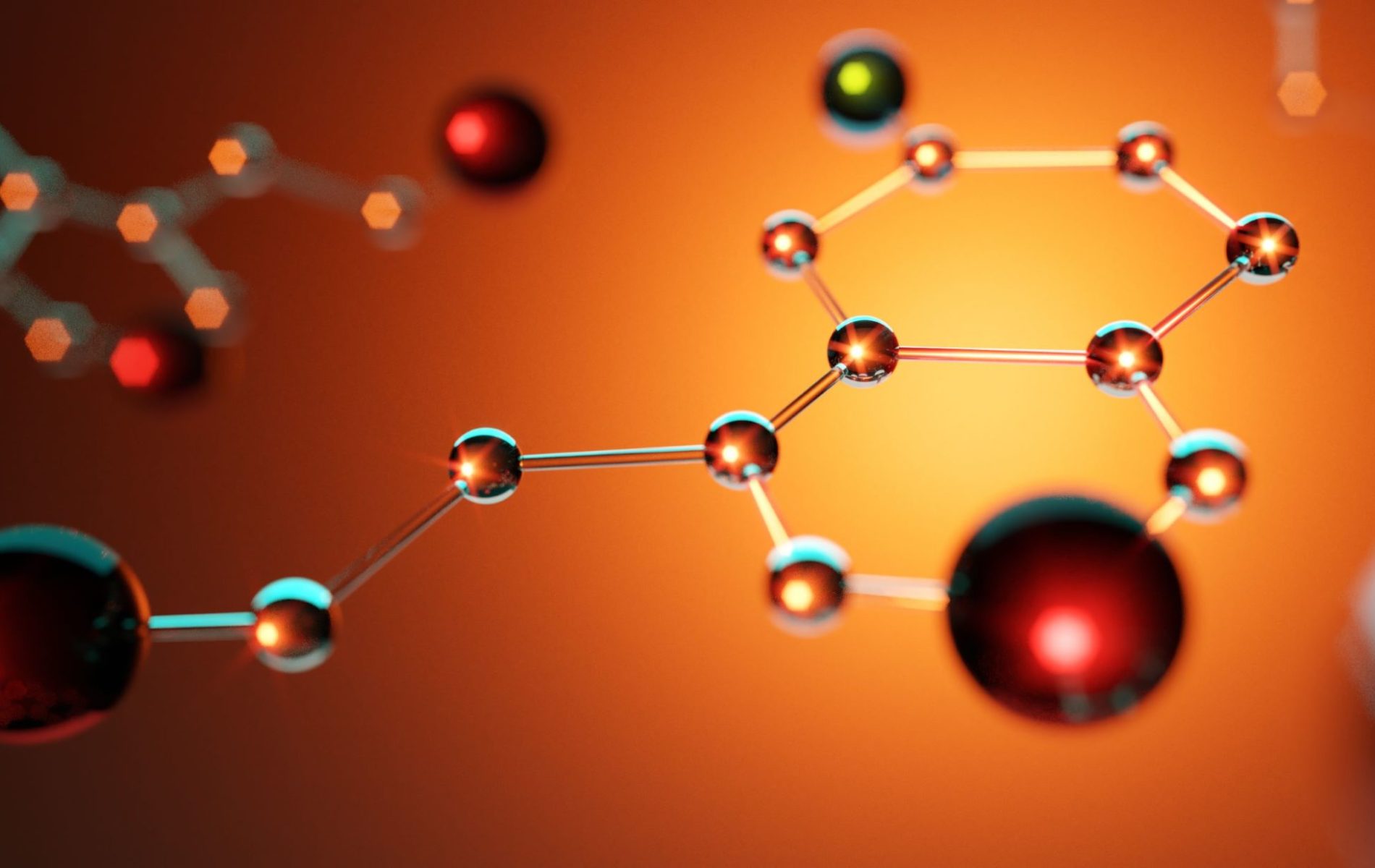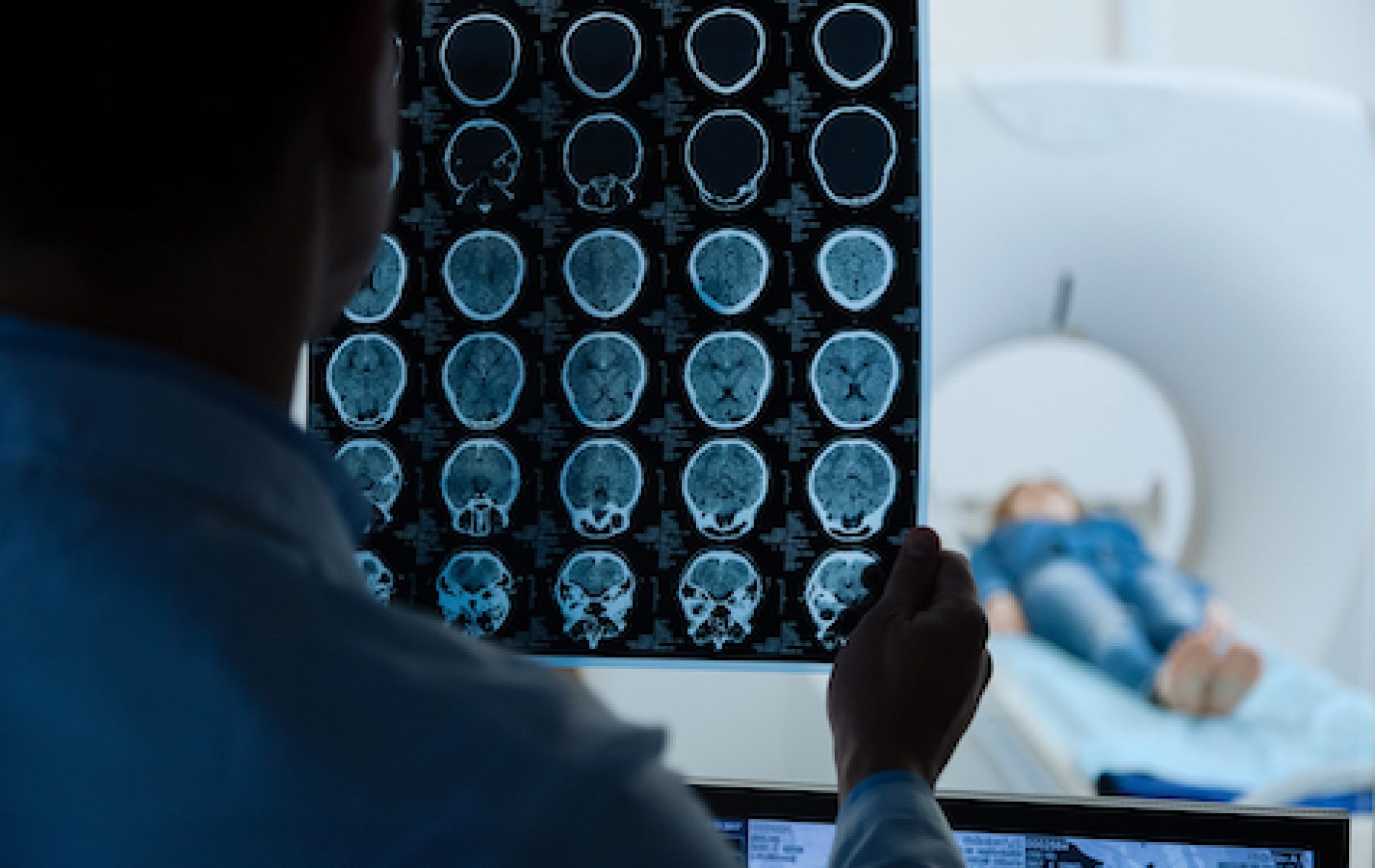Post concussive syndrome is a complex disorder that can last for months or years after an injury. A concussion is a mild traumatic brain injury (mTBI) that typically occurs after a blow to the head or violent movement or shaking of the body or head. A person does not have to lose consciousness to develop a concussion or post concussive syndrome.

In up to 75 to 90% of the cases, concussion symptoms resolve before 90 days. But for patients with a single severe concussion, repeated concussions, or in those who have a pre-existing condition such as migraine, insomnia, or depression, symptoms persist for a long time. A person is diagnosed with post-concussive syndrome (PCS) if symptoms persist for at least 3 months after the initial injury.
A traumatic brain injury can alter or damage the function of the neurons and blood vessels within the brain. This type of injury to the brain can tear the extensions of individual neurons (called axons); it causes a process called Diffuse Axonal Injury.

Depending which parts of the brain (or neck) are involved, patients may experience a range of symptoms, including: Headache, dizziness, neck pain, vertigo, irritability, insomnia, inability to perform daily tasks, memory loss, confusion, and/or hypersensitivity to noise or sound. These different set of symptoms can be put into four main categories of symptoms:

Because these patients have many different types of symptoms, they are often treated by several different therapeutic approaches. And because each expert knows about their own specific sub-specialty and focus only one part of patients’ issues, patients find themselves going from one doctor to next for months to years. This fragmented approach of taking care of a patient with disabling symptoms often fails to help them reach a full recovery.
There is currently no consensus in the field of any single effective treatment protocol for post-concussion patients overall. This is in part likely due to the fact that patients present with a multifactorial set of symptoms, meaning no single form of intervention will work for helping all of these patients.
Dr. Fotuhi at NeuroGrow Brain Fitness Center recognized this lack of adequate treatment and developed a multi-disciplinary, comprehensive and personalized 12-week brain rehabilitation program. This “concussion recovery program” is targeted for patients who feel frustrated about their concussion struggles and seek a full recovery.
Concussion Recovery Program
Patients who enroll in our Concussion Recovery Program meet with Dr. Fotuhi, or his physician assistant, Ms. Emily Burg. They then undergo a thorough neurocognitive assessment; this 2-hour testing reveals which parts of a patient’s brain working are working optimally and which parts have been damaged and do not function well. Patients also undergo a qEEG brain mapping assessment; this 45-minute testing reveals the pattern of electrical activity levels in various regions in the brain by way of small sensors. The qEEG results also show which parts of the patient’s brain are working optimally and which parts fall outside the normal pattern (as compared to EEG pattern from a normal population). The full assessment of a patient also includes responses to a series questionnaires that indexes the nature and severity of 35 different concussion symptoms.

Dr. Fotuhi or his assistant then combine all this information along with other test results and a patient’s medical history and neurological exam finding to tailor a specific set of treatment recommendations. Patients then begin their brain rehabilitation process by coming to our brain center twice weekly, for 90-minutes each time. They receive a combination of EEG-based neurofeedback (for 45 minutes) and brain coaching (for 45 minutes).
During one-on-one visits with brain coaches (who serve as both a brain training coach and also a life coach), patients are trained to and encouraged to improve their exercise, diet, sleep, stress management and time management. They are also directed to engage in computer-based brain training programs chosen by Dr. Fotuhi. The brain games are selected to target improving the specific parts of the brain that are affected by a patient’s concussion, and be engaging so that they will enjoy the process.

If some symptoms related to their concussion are too severe, such as excessive anxiety, headache, depression and/or neck pain, pharmacological treatment may be provided as well – though the goal of the program is to minimize use of medications as much as possible.
Patients are evaluated halfway through the program and again at the end, with both qEEG and neurocognitive testing to monitor their progress and make any changes necessary in their brain training protocols to ensure that patients are on the way to becoming more confident and competent in their cognitive functioning.

Patients who complete the NeuroGrow Concussion Recovery Program experience remarkable improvements in their concussions symptoms compared. In fact, 89% of these patients improve their scores on standardized neurocognitive evaluations. They can think better, sleep better, and feel better in a matter of three months.

If you are still curious about happens to the brain in post-concussion syndrome and how NeuroGrow concussion recovery program help to heal the brain, visit our website to learn more or make an appointment to see us!
This blog was written by Mrs. Courtney Cosby and edited by Dr. Majid Fotuhi.



